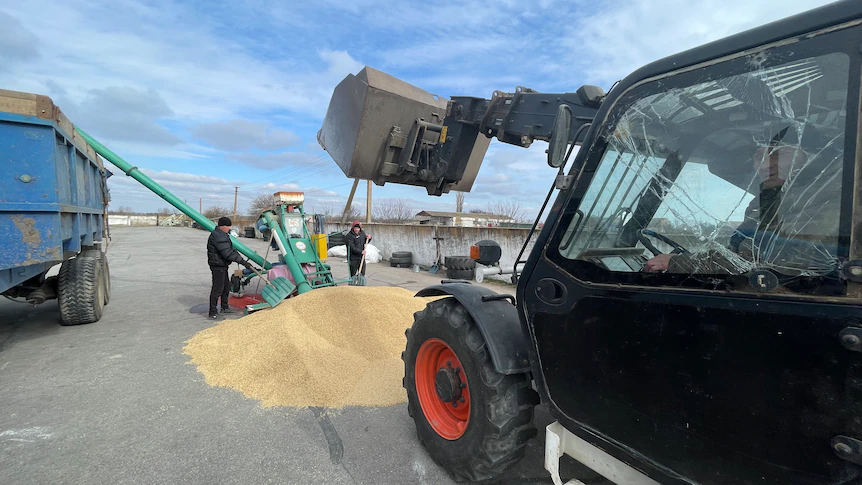
The UAC participant Kees Huizinga and Andrii Pastushenko, a member of the Association of Milk Producers (AMP), told the Australian newspaper ABC News how Ukrainian farmers reorganized their work to help the army and displaced people.
Ukrainian farms are being turned into small slaughterhouses, dairies and flour mills to provide food for their fellow citizens as Russia's invasion of the country intensifies.
A farmer Kees Huizinga believes that the country, known as the breadbasket of Europe, will see a sharp drop in agricultural production if the Russian invasion is not stopped soon.
"The food supply chain is broken, so processing does not work, in turn, distribution stops working, stores are emptied," he said. "Ultimately, this leads to food shortages, especially in cities."
A native of the Netherlands, Mr. Huizinga began farming in Ukraine 20 years ago, and nowadays breeds cattle and pigs, grows grain and vegetables at his own enterprise which is in 200 kilometers south of Kyiv.
"We have and want to share what we have by preparing food for the townspeople who are hiding in bomb shelters," he said.
Mr. Huizinga slaughters his pigs, and local volunteers at a nearby school pack the meat in jars.
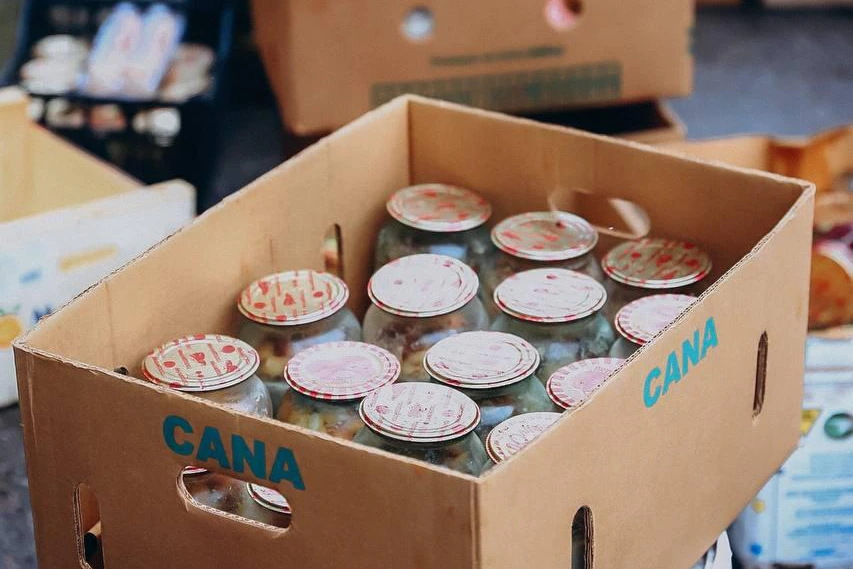
Photo 2: Canned, packaged pork, ready to feed the army and civilians, who are in cities’ bomb shelters. (Submitted by: Kees Huizinga)
Nearby, in his private house refugees work for the army and civilians making dumplings from flour which was made of grain also grown by Kees Huizinga.
Another farmer, Andrii Pastushenko, turned his small enterprise, which is in 35 kilometers west of Russian-controlled Kherson, into a small dairy plant.
He milks 350 cows on his own 1,500-hectare farm. Milk was usually supplied to the French processing plant Lactalis.
Before the war, Mr. Pastushenko received 10 tons of milk a day, which was used to make butter under the “President” brand.
Nowadays, its workers make their own cheese, sour cream and butter and send it to people who needs it.
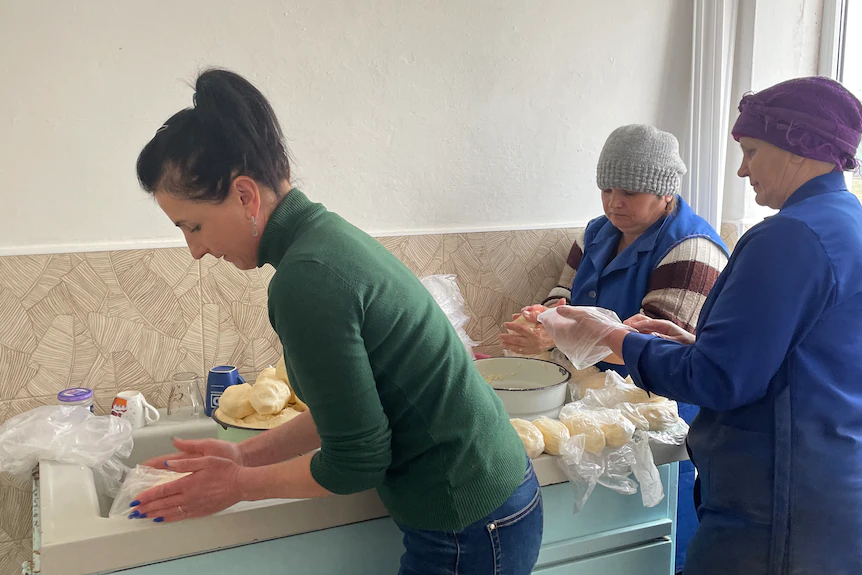
Photo 3: Andriy Pastushenko's dairy farm workers make cheese for delivery to nearby cities, hospitals and churches. (Submitted by: Andriy Pastushenko)
"In the first few days of the war, our milk truck transported four tons of milk to hospitals, care houses and orphanages in Kherson, and the rest of the milk was distributed free of charge to people," Mr. Pastushenko said.
"But now Kherson is completely blocked ... all shops are empty, pharmacies as well. The only thing I've seen available in city supermarkets is alcohol, because alcohol is not the most important product for the population at the moment. "
Mr. Pastushenko also grinds his grain and gives it for free, or sells it for a symbolic share of the usual price.
"A few days ago, we launched another device that grinds barley, wheat, corn, so we make cereals," he said.
"We get crushed grain that can be cooked, it is a popular food, widespread in Ukraine even before the war."
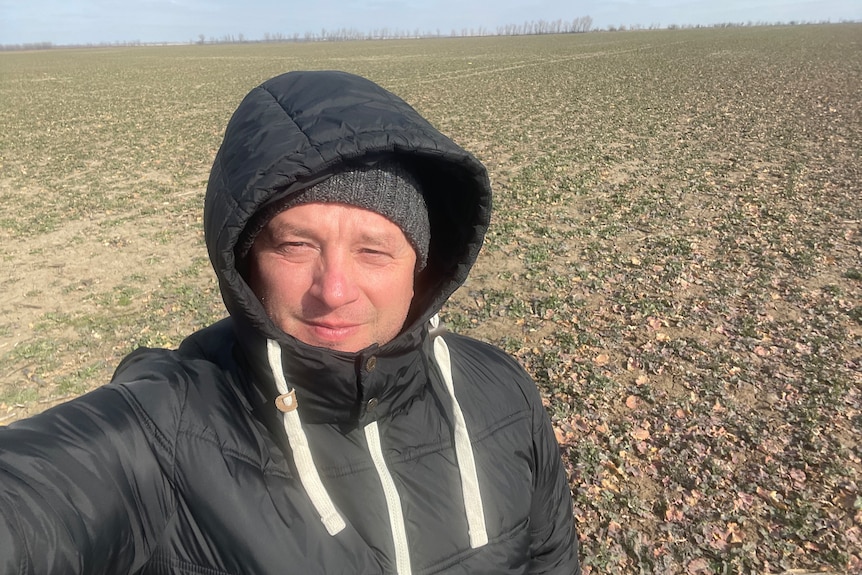
Photo 4: Mr. Pastushenko's farm is located 20 kilometers west of Kherson, a city which is now controlled by Russian troops. (Submitted by: Andriy Pastushenko)
Probability of deficit
With each passing day of the war, Mr. Huizinga and Mr. Pastushenko are increasingly worried about whether they will continue to be able to produce food.
"It is difficult to get fertilizers, fuel, seeds, and all their supply lines have been destroyed," Mr Huizinga said.
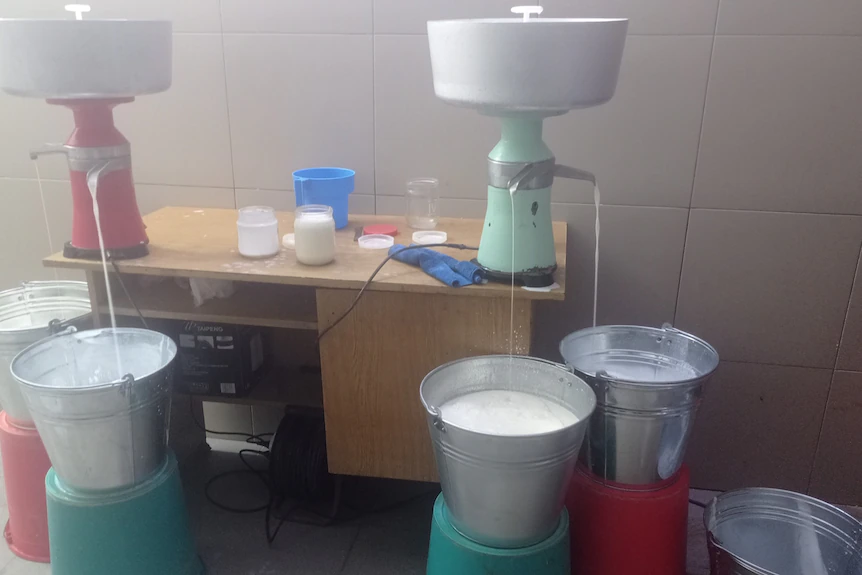
Photo 5: Ukrainian milk producers cannot sell milk to processors, because they process the product on their own farms (Submitted by: Andriy Pastushenko)
Mr. Pastushenko has not yet been paid for the 80 tons of grain he sold before the war, and he has not received the sunflower and corn seeds he paid for in September last year.
"I understand that in order to be able to pay the salaries of my 70 employees, I have to start raising money now to at least partially pay the salaries, and they were able to buy at least something," said Mr. Pastushenko.
"Without any doubt, I can give this milk for free, although I realize that in the coming weeks, months, and maybe years, I will not be able to buy the quality feed needed for high productivity of the herd."
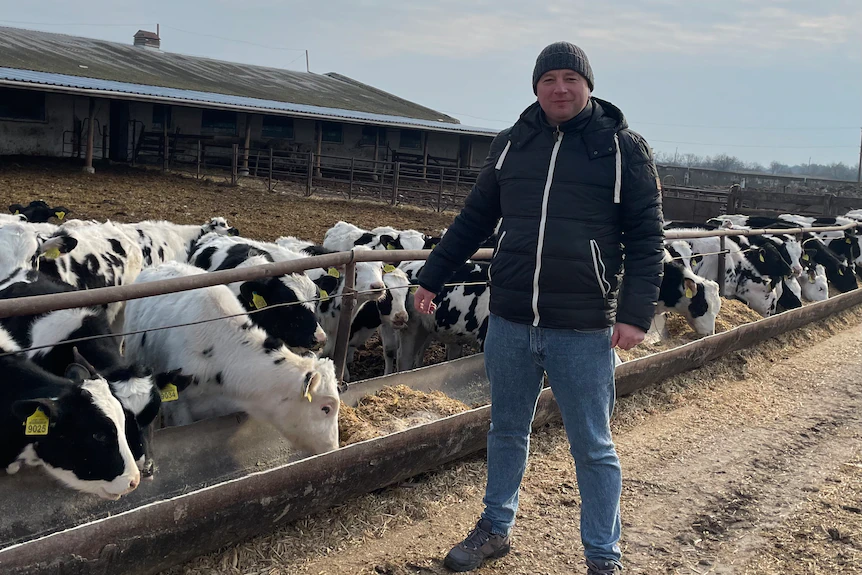
Photo 6: Mr. Pastushenko tries to pay salaries to his workers and feed cattle despite the destruction of food and crop supply chains in Ukraine. (Submitted by: Andriy Patushenko)
Against the background of funds and fodder for livestock shortage, Mr. Pastushenko was forced to reject unproductive livestock in his herd.
A group of dairy analysts at Infagro said on Thursday that dairy production in Ukraine had fallen by 50-60 from pre-war levels.
Instead, according to analyst Max Fasteev, the Ukrainian government has included cheese, butter and canned milk in its uninterrupted food supply program.
Implications for the world
In total, Ukraine, Russia, Romania and Bulgaria account for about a third of the world's wheat exports each year.
Ukraine is a leading producer of sunflower oil and the largest exporter of corn and barley.
It is the fourth largest importer of food in the European Union, with Ukraine exporting 52% of corn, 23% of vegetable oils and 19% of soft wheat (low in gluten) to the EU.
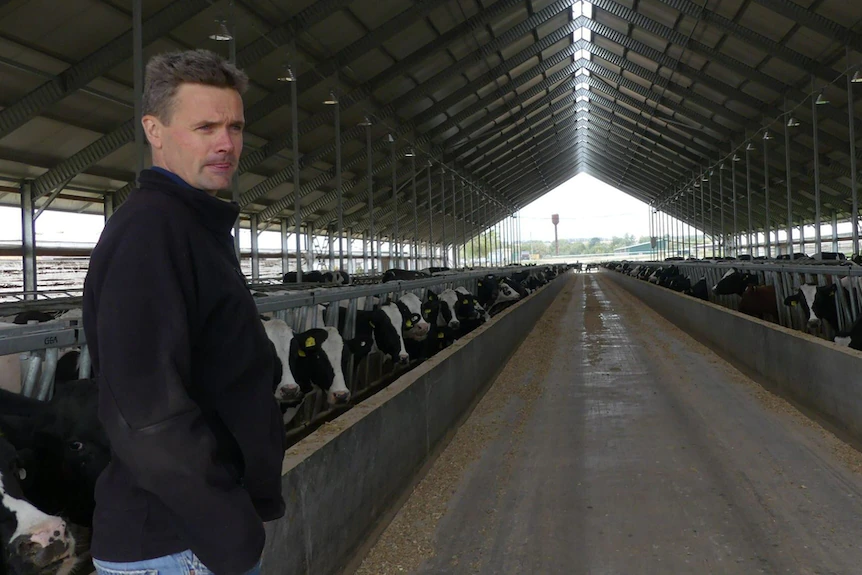
Photo 7: Mr. Huizinga warns political leaders of the global consequences if Ukraine fails to plant its crops this year. (Submitted by: Keys Huizinga)
Mr. Huizinga is currently in the Netherlands as a representative of the Ukrainian Agri Council, which includes 1,100 members of small and large farms, and is trying to warn political leaders about the global consequences of the protracted conflict.
"The rest of the world, including the Middle East, North Africa and parts of Asia, will be short of food supplies from Ukraine," he said.
Wheat prices have risen sharply in recent weeks. Moreover, they could be doubled, predicts the international financial company Rabobank, which specializing in the agricultural sector.
"If prices are doubled, according to experts, I don't even want to think about what will happen to people in the Middle East and North Africa," Mr Huizinga said.
Sunday, 13 March 2022